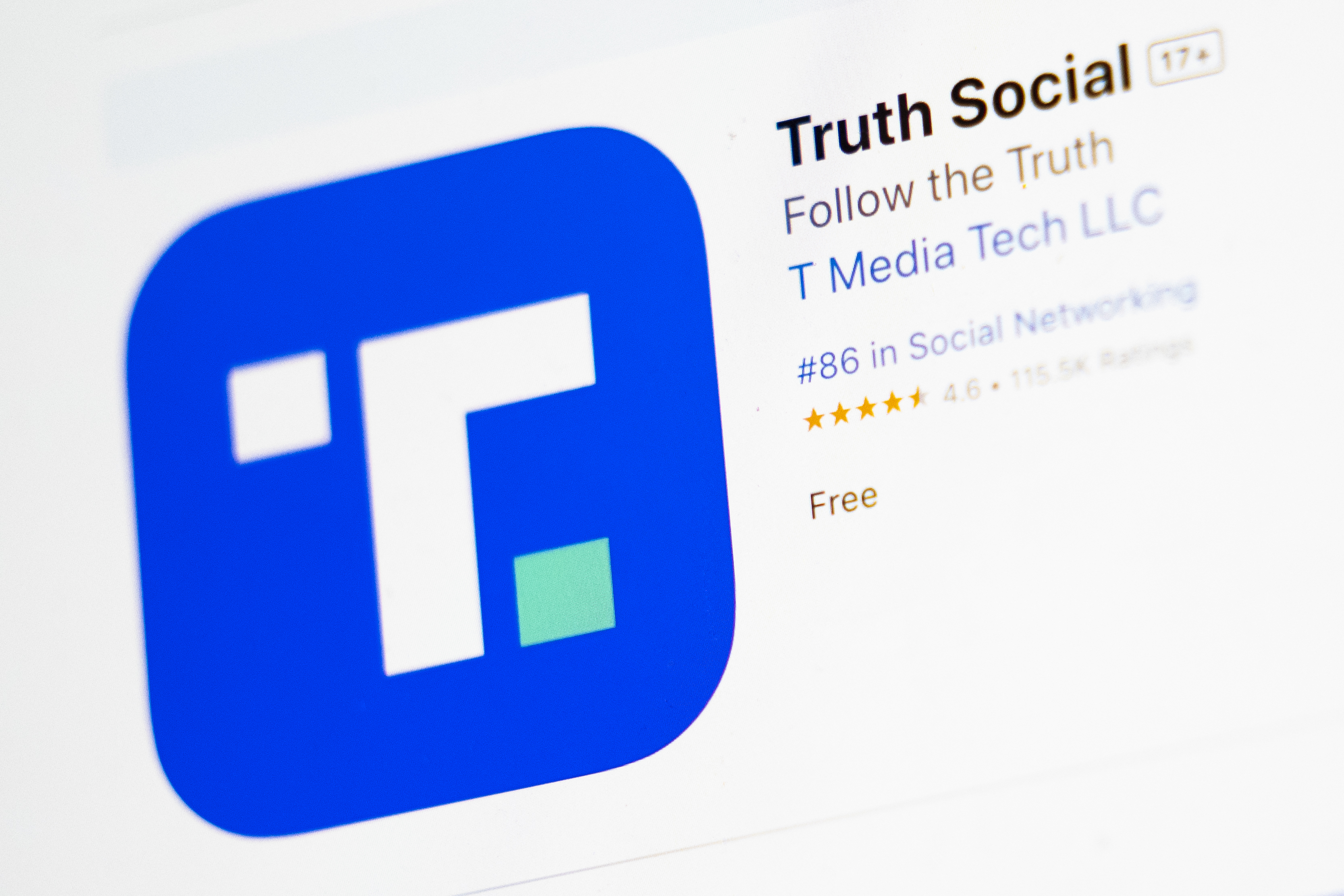President Donald Trump is distorting his record when it comes to gun control.
Speaking out this week against two mass shootings in Ohio and Texas, Trump asserted that his accomplishments in stemming gun violence stand out compared with previous presidents. He also suggested an unwavering commitment to improving mental health treatment. And he charged Monday that "gruesome and grisly video games" contribute to a "glorification of violence."
In all cases, his words haven't matched reality.
A look at the claims:
TRUMP: "We have done much more than most administrations. ...We've done, actually, a lot." — remarks Sunday to reporters.
THE FACTS: Trump's record on gun control is not groundbreaking.
Congress has proven unable to pass substantial gun violence legislation, despite the frequency of mass shootings, in large part because of resistance from Republicans, particularly in the GOP-controlled Senate. That political dynamic seems difficult to change.
U.S. & World
It's true that after other mass shootings Trump called for strengthening the federal background check system, and in 2018 he signed legislation to increase federal agency data sharing into the system. In December 2018, the Trump administration also banned bump stocks, the attachments that allow semi-automatic weapons to fire like machine guns and were used during the October 2017 shooting massacre in Las Vegas.
But he has rolled back some restrictions, reneged on pledges and resisted Democratic calls to toughen other gun control laws.
Within weeks of taking office, Trump scrapped a federal rule imposed by President Barack Obama that could have made it harder for some mentally ill people to own guns. Under the rule, the Social Security Administration was supposed to provide information to the gun-buying background check system on recipients with a mental disorder so severe they cannot work or handle their own benefit checks. The rule didn't make certain people ineligible to buy a firearm, but was designed to ensure the background check system was comprehensive. Republican lawmakers and gun advocates criticized the regulation for reinforcing a stereotype that people with a mental disorder are dangerous.
In February, the House approved bipartisan legislation to require federal background checks for all gun sales and transfers and approved legislation to allow a review period of up to 10 days for background checks on firearms purchases. The White House threatened a presidential veto if those measures passed Congress.
At a February meeting with survivors and family members of the 2018 Parkland, Florida, school shooting in which 17 people died, Trump promised to be "very strong on background checks." Trump claimed he would stand up to the gun lobby and finally get results in quelling gun violence. But he later retreated, expressing support for modest changes to the federal background check system and for arming teachers.
Some Democrats have called for even stronger measures such as renewing a federal ban on assault weapons, which was put in place during the Clinton administration before it expired under President George W. Bush. Trump has shown no interest in taking up that issue.
___
TRUMP: "We must reform our mental health laws to better identify mentally disturbed individuals who may commit acts of violence and make sure those people not only get treatment, but, when necessary, involuntary confinement." — remarks Monday.
THE FACTS: His words don't match his past actions.
Trump's budgets would have slashed the federal-state Medicaid program, which provides health insurance for more than 70 million low-income and disabled people and is also the major source of public funds for mental health treatment.
Such proposals failed to advance in Congress, even when both chambers were under Republican control.
The president's 2020 budget does call for some spending increases on smaller mental health programs, including an increase of $15 million, for a total of $107 million, to expand school-based programs. The Parkland shootings last year at a Florida high school heightened sensitivity to the mental health needs of students.
But such increases for specific programs pale in comparison to the impact of Medicaid cuts. This year Trump again proposed to turn the program over to the states, limiting future federal financing. That would have led to a cut of about $1.4 trillion over 10 years from currently projected levels of federal spending.
The administration says that's not really a cut, since spending would have continued to grow, just more slowly. But limits on federal financing would have forced states to confront hard choices over competing priorities like mental health or addiction treatment, nursing home costs or prenatal care for low-income women.
In 2017, Medicaid covered 2.9 million low-income adults under 65 with serious mental illness, or 28% of nearly 11 million Americans with serious mental illness, according to a Kaiser Family Foundation analysis of the latest government data available. People with serious mental illness covered by Medicaid were more likely to receive any mental health treatment than those with private insurance dealing with similar conditions. With deep Medicaid cuts, it's possible that many more mentally ill people would have been uninsured.
As a candidate, Trump had originally promised that he would not cut Medicaid.
___
TRUMP: "We must stop the glorification of violence in our society. This includes the gruesome and grisly video games that are now commonplace. It is too easy today for troubled youth to surround themselves with a culture that celebrates violence. We must stop or substantially reduce this, and it has to begin immediately." — remarks Monday.
THE FACTS: "There are no longitudinal studies that show a link between violence and video games," said Benjamin Burroughs, a professor of emerging media at the University of Nevada, Las Vegas. "Certainly, there is no linkage to gun violence."
Burroughs said that some studies show a short-term increase in aggressive thoughts and feelings after playing video games, but nothing that rises to the level of violence.
"Plenty of gamers and get upset when they lose or feel the game was 'cheating,' but it doesn't lead to violent outputs," he said.
In 2006, a small study by Indiana University researchers found that teenagers who played violent video games showed higher levels of emotional arousal but less activity in the parts of the brain associated with the ability to plan, control and direct thoughts and behavior.
Patrick Markey, a psychology professor at Villanova University who focuses on video games, found in his research that men who commit severe acts of violence actually play violent video games less than the average male. About 20% were interested in violent video games, compared with 70% of the general population, he explained in his 2017 book "Moral Combat: Why the War on Violent Video Games Is Wrong."
Another study by Markey and his colleagues showed that violence tends to dip when a new violent movie or video game comes out, possibility because people are at home playing the game or in theaters watching the movie.
"The general story is people who play video games right after might be a little hopped up and jerky but it doesn't fundamentally alter who they are," he said. "It is like going to see a sad movie. It might make you cry but it doesn't make you clinically depressed."
Associated Press writer Hope Yen contributed to this report.



